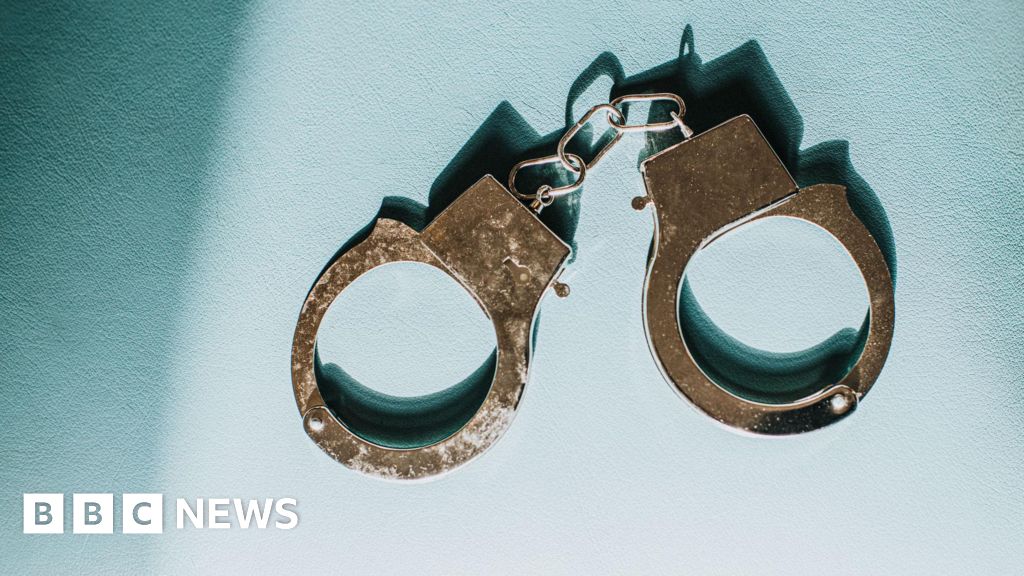Netanyahu Corruption Case: Trump Declares It a 'Witch Hunt' and Urges Pardon - What are Israel's Options?

Former U.S. President Donald Trump has waded into Israel’s ongoing legal saga surrounding Prime Minister Benjamin Netanyahu, declaring his corruption trial a “witch hunt” and suggesting Netanyahu should be pardoned. This statement has ignited debate both within Israel and internationally, raising questions about the separation of powers and the potential for political interference in the judicial process.
The Core of the Case
Netanyahu is facing charges of bribery, fraud, and breach of trust in a series of corruption cases. Prosecutors allege he accepted illicit gifts from wealthy businessmen and used his influence to benefit media outlets in exchange for favorable coverage. While he denies all charges, the trial has been lengthy and highly publicized, dominating Israeli politics for years. The legal proceedings are complex, involving numerous witnesses and extensive documentation.
Trump's Intervention: A 'Witch Hunt' and a Plea for Pardon
Trump’s comments, made during a recent interview, echo his own experiences with legal challenges, where he has frequently characterized investigations against him as politically motivated. He stated that Netanyahu is being unfairly targeted and suggested that Israel’s president should consider granting him a pardon. “It’s a disgrace. It’s a witch hunt. They’re trying to take him down,” Trump reportedly said.
Who Holds the Power of Pardon?
The power to pardon Netanyahu rests solely with the Israeli President, Isaac Herzog. However, the process isn't straightforward. Article 74 of Israel's Basic Law allows the president to grant a pardon, but it is typically reserved for cases involving national security or humanitarian concerns. Granting a pardon in a high-profile corruption case would be unprecedented and would likely trigger a constitutional crisis.
President Herzog's Position & Potential Challenges
President Herzog has indicated he will carefully consider any requests for pardon and has emphasized the importance of upholding the rule of law. He faces immense pressure from all sides – from Netanyahu’s supporters who view a pardon as a means of ending the legal turmoil, and from those who believe granting one would undermine the integrity of the judicial system. A pardon would likely spark widespread protests and further polarize Israeli society.
Legal and Political Ramifications
Trump’s intervention adds another layer of complexity to an already fraught situation. While he has no official role in Israeli legal proceedings, his comments carry significant weight and could influence public opinion. The timing of his remarks, coming as the trial nears a potential conclusion, is also noteworthy. The legal implications of a pardon are substantial, and the political fallout would be equally significant. It would likely embolden those who advocate for judicial reform, while simultaneously alarming those who champion an independent judiciary.
Looking Ahead
The Netanyahu corruption trial remains a pivotal moment in Israeli history. The outcome will have far-reaching consequences for the country’s political landscape and its democratic institutions. Whether or not a pardon is granted, the case has already exposed deep divisions within Israeli society and raised fundamental questions about the balance of power between the executive, legislative, and judicial branches. Trump's comments have amplified these tensions and brought international scrutiny to the proceedings.






